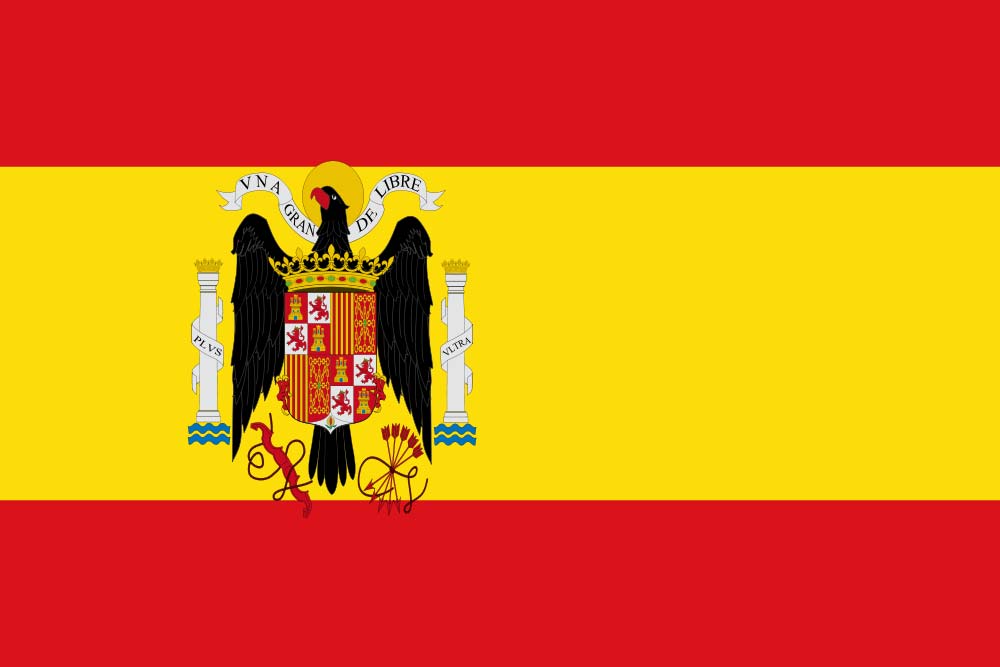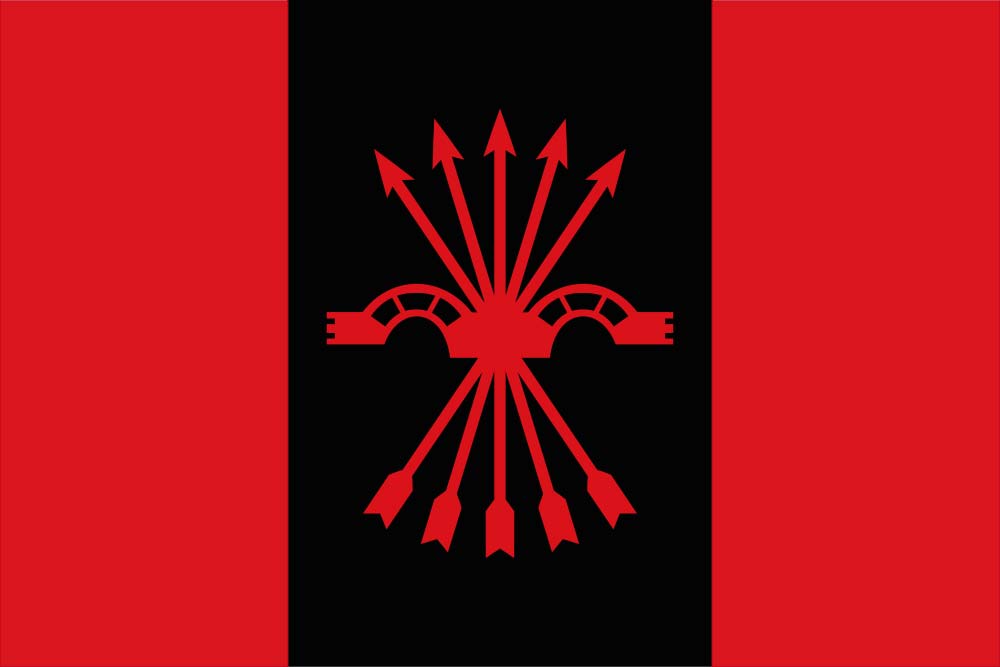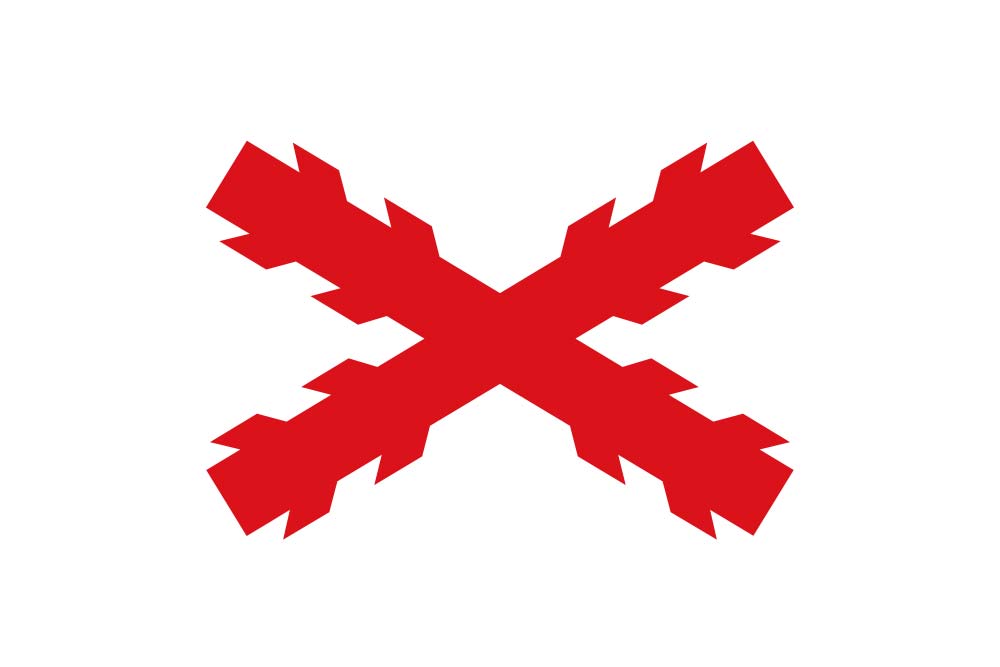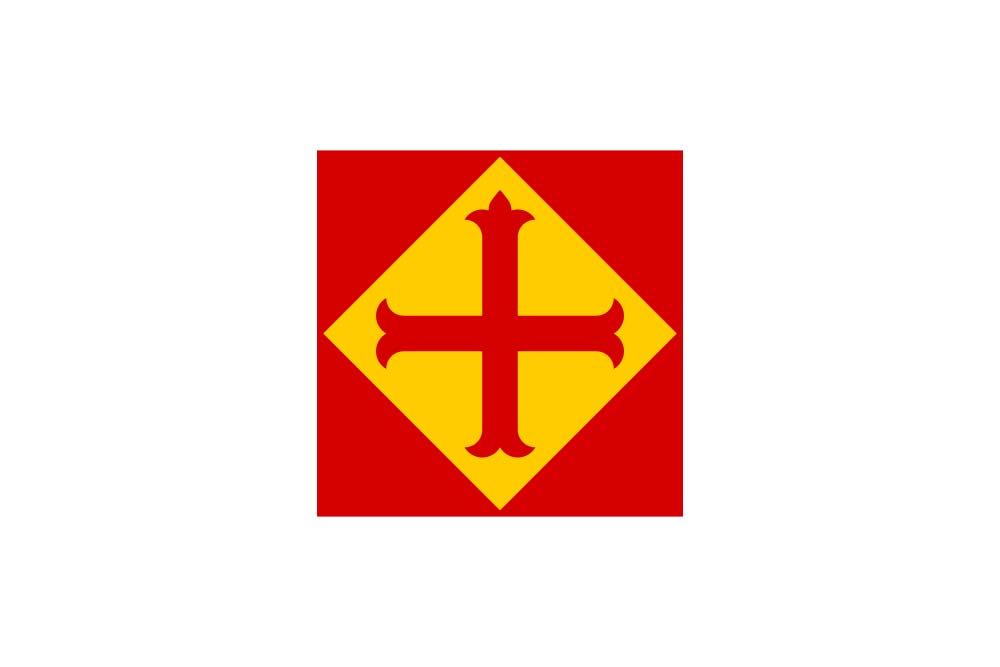The Nationalist Faction was also referred to as the Nationals or Nationalists. It was a primary faction in the Spanish Civil War from 1936 to 1939. The war consisted of political groups that were opposed to the Second Republic of Spain, which included the CEDA, Falange, the Carlists and Alfonsists. After 1937, these groups merged and formed the Falange. Francisco Franco led the war, and he also became the head of the country from 1939 to 1975.
Political Groups in the Nationalist Faction
There were two main political groups in the Nationalist Faction, and one of these was the Falange. The group was originally a fascist political party in Spain, which was formed by Jose Antonio Primo de Rivera. The party was established with the financial support of the Alfonsist monarchist for the funding. After being formed, the party was considered as an anti-monarchist and anti-clerical group.
Primo de Rivera was an aristocrat and landowner, and he gave the assurance to the upper classes that the Spanish fascism was impossible to leave their control as with the counterparts in Italy and Germany. In 1936, the group merged with other leaders who were pro-Nazi, which was the Juntas de Ofensiva Nacional-Sindicalista.
At first, the Falange party lacked funds, and it was a small group that preached a Utopian style of violent revolution. The party also committed numerous acts of violence and harm even before the war began, and most of the members were involved in street fights with their political enemies. Hence, this created a sense of fear and unrest among the public.
The Falangist terror squads found ways to create a disorderly atmosphere so they could justify the desire for an authoritarian regime. At the onset of the middle-class disillusionment with the legalism of CEDA, the support and assistance to the Falange expanded quickly. By September of 1936, the total number of Falangist volunteers reached 35,000, and 55 percent of them were civilians from the Nationals.
Originally, the Falange was a support of the military coup against the republic. When Primo de Rivera died, Manuel Hedillas took control of the group, and Franco became the head of the National Faction. By 1937, he announced a policy of unification of all National political groups, particularly the Carlists and Falange. Initially, both parties were enraged by the decision, as the Falangists viewed their ideologies as rather usurped by the Church.
Upon the successful unification of leadership by Franco, he distanced the group from fascism, and he stated that the Falange party does not regard itself as a fascist. After he made this announcement, the practices in the faction disappeared by 1937, although Franco did not negate the claims that there were some fascists within the party. Franco also claimed that the goal of the Falange was to include massive neutrality of the unaffiliated, and he promised that there will be no ideological rigidity to interfere with his goals.
With Franco as the Falange’s new leader, the party abandoned its anti-clerical mindset and promoted the neo-traditionalist ideals of the National Catholicism. Eventually, Franco abandoned any signs of hostility towards capitalism, and declared that the group’s national syndicalism was compatible with capitalism.
About the CEDA and Its Ideologies
The CEDA, which was the Catholic right-wing organization devoted to anti-Marxism, was led by Gil-Robles. This group claimed its defense to Spain, and considered the country a “Christian Civilization” that was apart from Marxism. During the Nazi’s rise to power, the CEDA recognized itself with the same propaganda that appeals to the Nazis. In fact, Gil-Robles participated in the Nuremberg rally, and he was deeply influenced by this event. Hence, he was resolute in creating an anti-Marxist front in Spain.
He declared his beliefs and desires to give Spain a totalitarian policy and a new spirit, and claimed that democracy is a means to the new state’s conquest. However, the party failed to obtain substantial electoral gains throughout 1931 to 1936, and it eventually abandoned any of its thoughts on legalism and moderation. Moreover, it provided much support to anyone who committed violence that was opposed to the country. Hence, the CEDA developed its ideals that were rather radical, although it continued to consider the relevance of the totalitarian policy for the nation. The group also began to join the Falange, particularly the supporters of the youth movement of CEDA.





